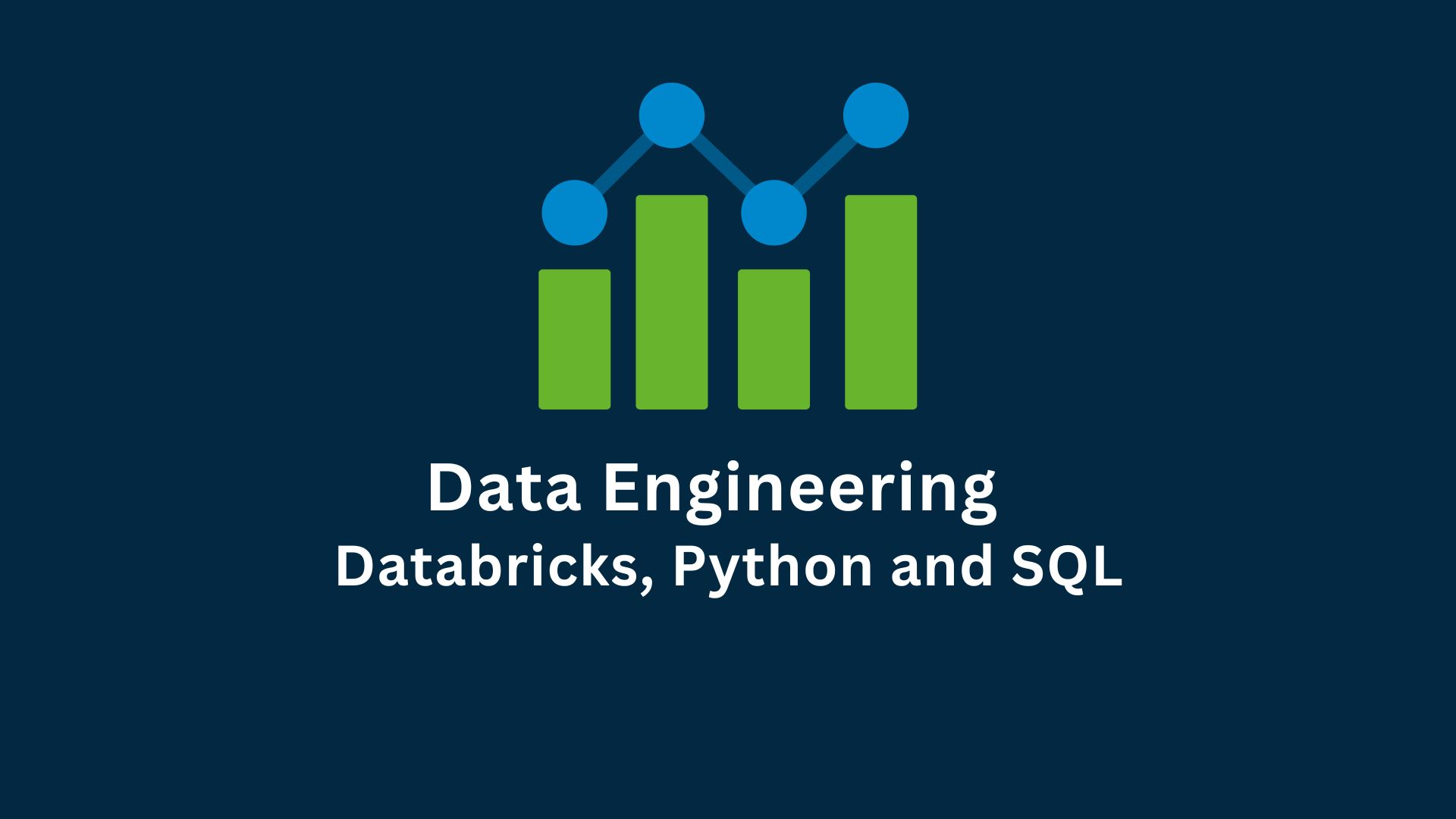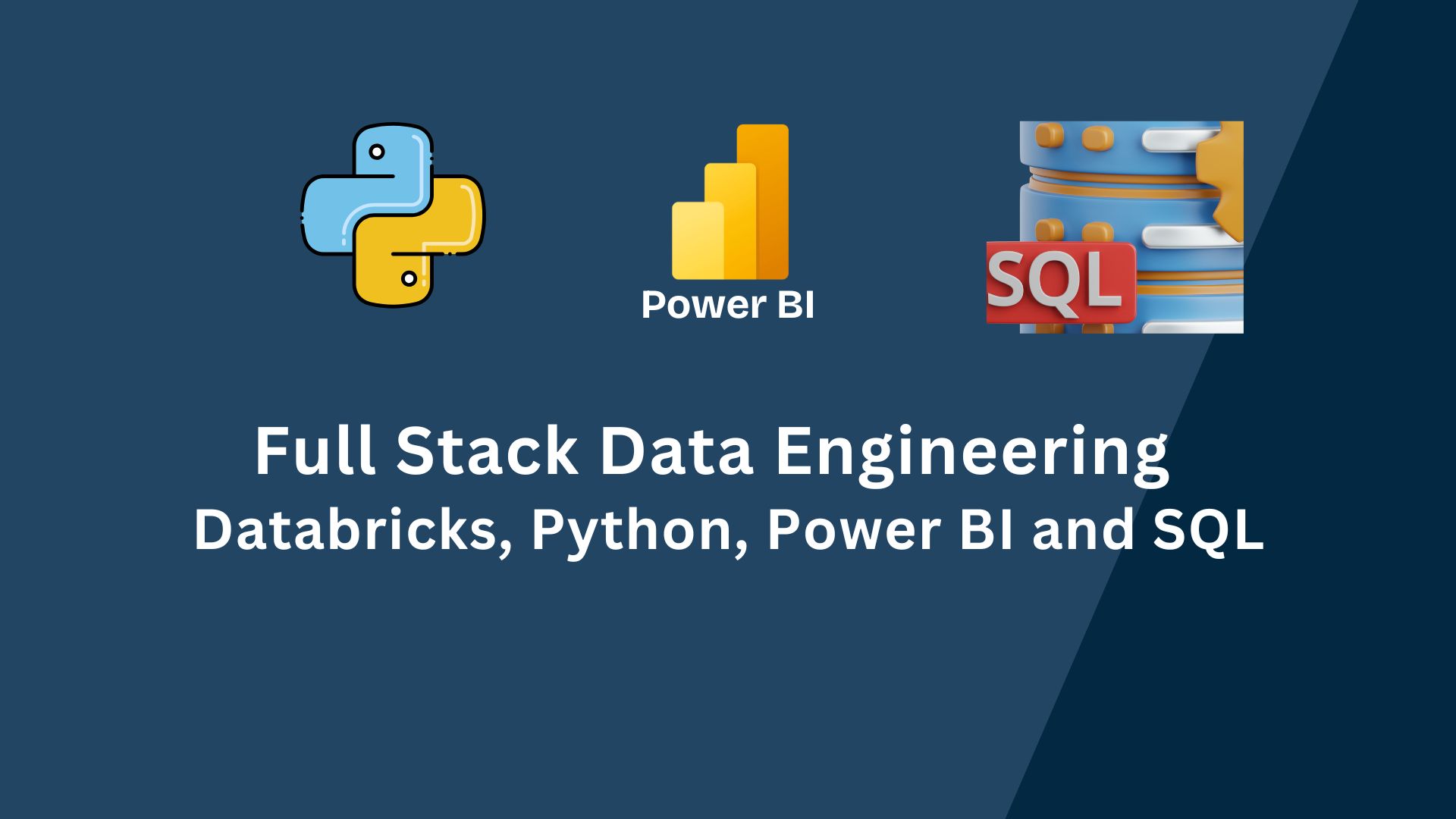Your future career in AI and Data Science starts here.
Explore top-notch courses from leading experts and unlock new career opportunities — right from your screen.

Certified & Experienced Trainers
Learn from industry professionals with proven expertise.
100% Money Back Guarantee
Full refund if you're not satisfied within 7 days.
24x7 Support
Get help anytime with our around-the-clock team.
Our Trending Courses
10%4.5

Data EngineeringIntermediate
Data Engineering Masterclass with Databricks, Python and SQL
Master Data Engineering across Python, SQL, and Databricks. Learn data ingestion, transformation, and pipeline orchestration with real-world hands-on project experience.
3 Months(Instructor-led)
₹40,000₹36,000

Data Engineering BasicsIntermediate
Data Analytics Program
Become a job-ready Data Analyst in 4 months with hands-on training in SQL, Python, Power BI, ADF, and machine learning techniques. This comprehensive program includes real-world projects, interview preparation, and job support to kickstart your analytics career.
4 Months(Instructor-led)
₹75,000

Data ScienceIntermediate
Data Science Program
Build a complete data science skillset in 6 months—from Python, SQL, Power BI, and ADF to machine learning, time series, and Generative AI. This intensive program blends theory with real-world projects and job support to prepare you for high-impact roles in data and AI.
6 Months(Instructor-led)
₹1,25,000

Business AnalyticsIntermediate
Business Analytics Program
Become job-ready for roles in analytics, consulting, marketing, operations, and data-driven decision-making. This comprehensive program covers Excel, SQL, Power BI/Tableau, Python, business statistics, and predictive analytics with real-world projects and placement support.
4 Months(Instructor-led)
₹50,000
Our Certification Courses

Microsoft FabricIntermediate
DP 700 - Implementing Data Engineering Solutions Using Microsoft Fabric
Master data engineering on Microsoft Fabric and gain the skills to implement robust, scalable, and efficient data solutions. Learn data integration, transformation, storage, and analytics with real-world projects aligned with the DP-700 certification.
4–6 Months(Instructor-led)
₹20,000

Business IntelligenceIntermediate
DP 600 - Implementing Analytics Solutions Using Microsoft Fabric
Gain in-depth expertise in analytics using Microsoft Fabric. Learn to design, implement, and optimize modern analytics solutions using Lakehouses, Data Warehouses, Spark, and Power BI. This program is aligned with the DP-600 certification and includes hands-on projects for real-world application.
4–6 Months(Instructor-led)
₹20,000

Data EngineeringAdvanced
Databricks Certified Data Engineer Professional
Master advanced data engineering techniques on Databricks and prepare for the Databricks Certified Data Engineer Professional exam. Learn to design, build, optimize, and secure large-scale data pipelines with Delta Lake, Structured Streaming, Unity Catalog, and Lakehouse best practices.
6–8 Weeks(Instructor-led)
₹25,000

Microsoft CertificationIntermediate
PL-300: Microsoft Power BI Data Analyst
Master the skills required to analyze data with Power BI, create interactive dashboards, apply DAX for business insights, and manage end-to-end Power BI projects. This course prepares you for the Microsoft PL-300 certification and real-world Power BI analyst roles.
1 Months(Instructor-led)
₹15,000
Career Path
Our All Courses
10%4.5

Data EngineeringIntermediate
Data Engineering Masterclass with Databricks, Python and SQL
Master Data Engineering across Python, SQL, and Databricks. Learn data ingestion, transformation, and pipeline orchestration with real-world hands-on project experience.
3 Months(Instructor-led)
₹40,000₹36,000

Business IntelligenceIntermediate
Data Engineering with Power BI
Master the fundamentals of SQL and relational databases through hands-on practice. Learn to write efficient queries, join tables, and manage data for real-world applications.
4 Months(Instructor-led)
₹50,000

Database FundamentalsBeginner
SQL for Beginners
Learn the core concepts of SQL and relational databases in just 3 weeks. This beginner-friendly course covers querying, filtering, table joins, and advanced data handling techniques.
3 Weeks(Instructor-led)
₹7,000

Data Engineering BasicsIntermediate
Data Analytics Program
Become a job-ready Data Analyst in 4 months with hands-on training in SQL, Python, Power BI, ADF, and machine learning techniques. This comprehensive program includes real-world projects, interview preparation, and job support to kickstart your analytics career.
4 Months(Instructor-led)
₹75,000



